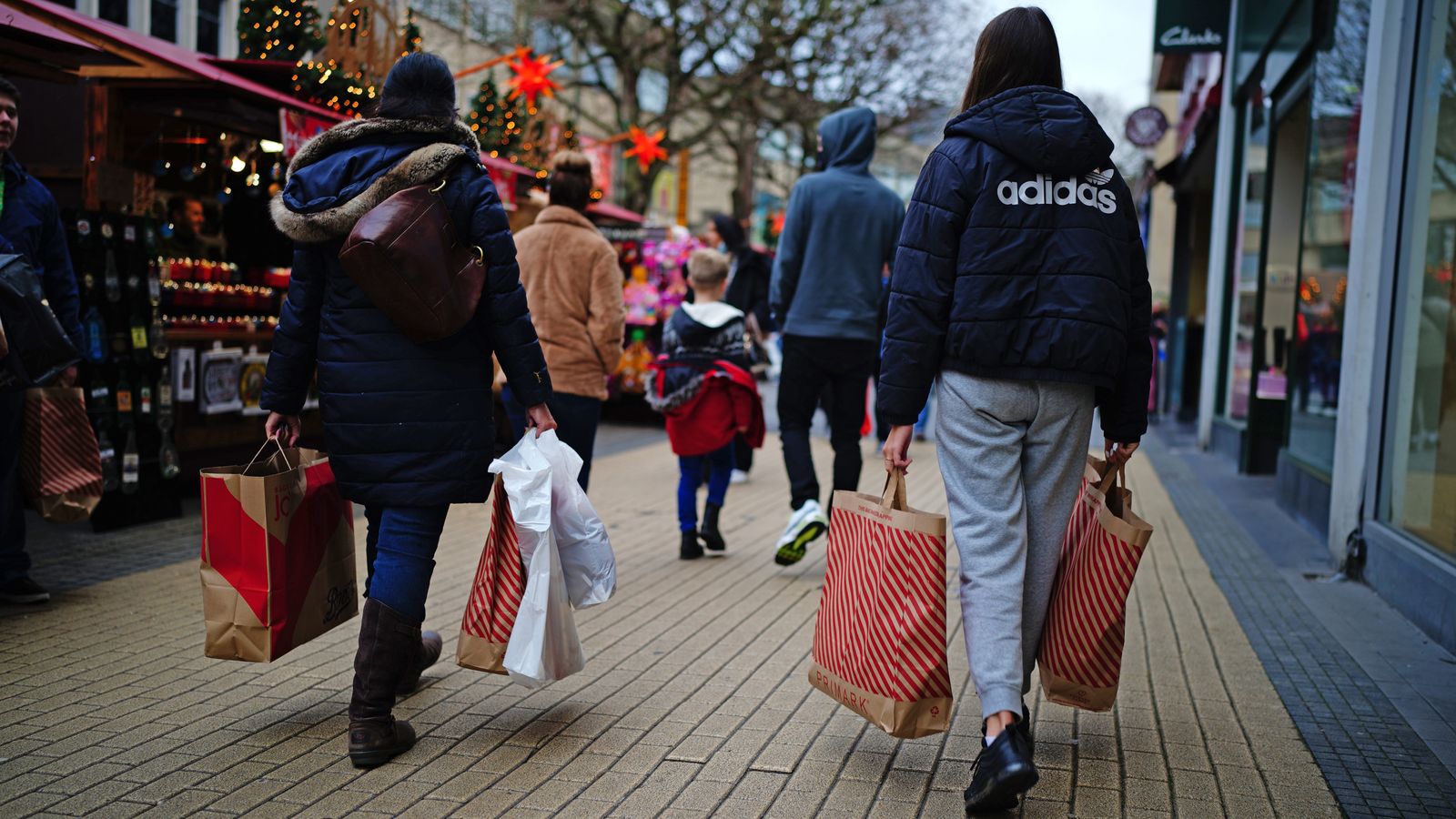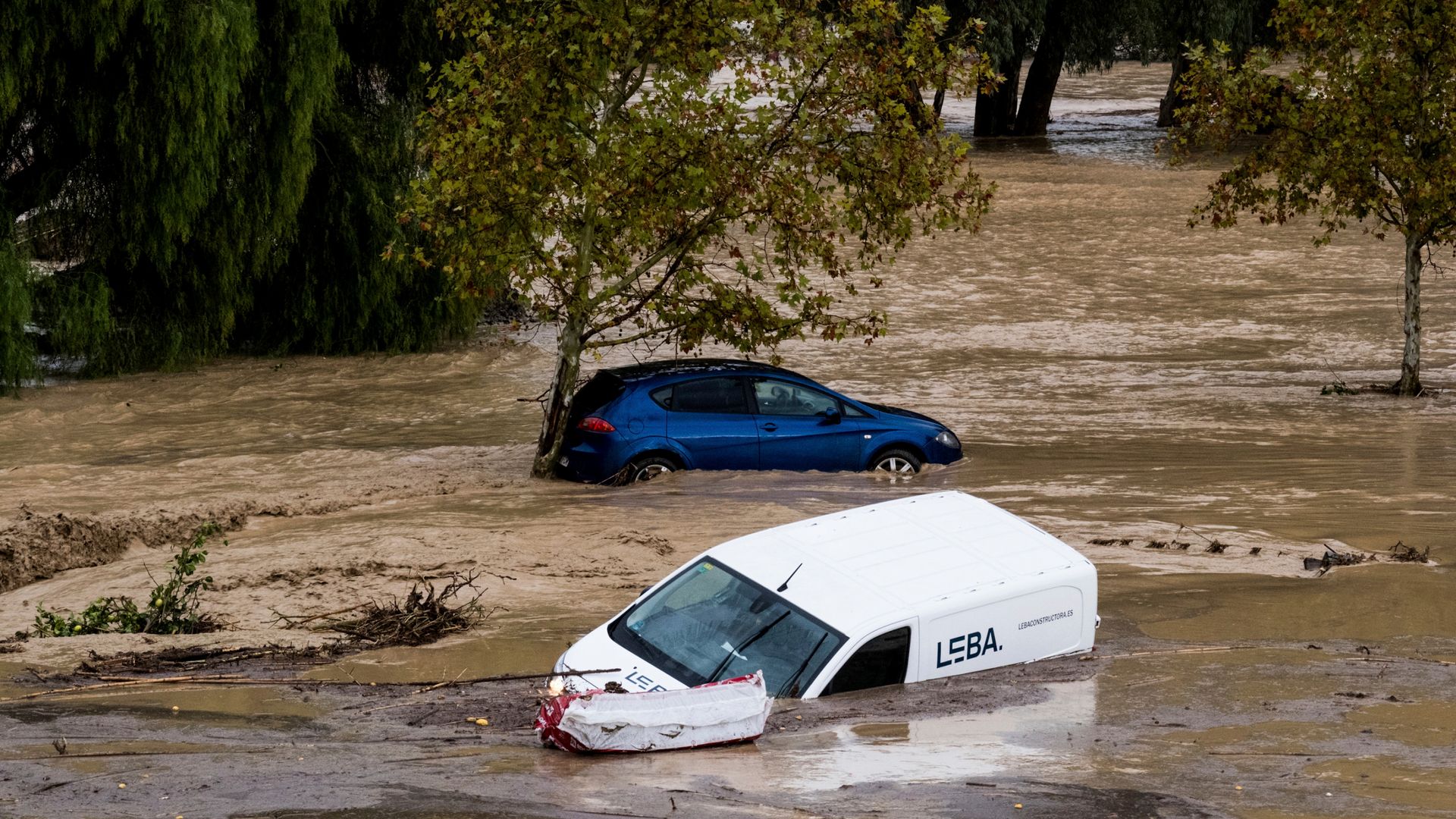Cost-conscious shoppers curbed spending over the Christmas period adding to the woes of retailers, official figures show.
Retail sales unexpectedly fell by 1% in December, the second month of decline, according to the Office for National Statistics.
Economists had forecast a 0.5% rise.
Compared with December 2021, sales were down 5.8% – the biggest fall since 1997.
The data is further evidence of the pressure the cost-of-living crisis is putting on households, as continuing high inflation hikes prices.
ONS deputy director for surveys and economic indicators, Heather Bovill, said: “Retail sales dropped again in December, with feedback suggesting consumers cut back on their Christmas shopping due to affordability concerns.
“After last month’s boost as shoppers stocked up early, food sales fell back again in December with supermarkets reporting this was due to increased food prices and the rising cost of living.”
Inflation: The worst is not yet over for consumers – falling inflation is not the same as falling prices
Inflation eases slightly to 10.5% from 10.7% the previous month due to cheaper fuel and clothes, official figures show
Recession in question as economy achieves surprise growth in November due to World Cup
The latest data comes as consumer confidence dipped again to a near-historic low in the face of inflation woes and growing concern about another hike in energy bills.
GfK’s long-running Consumer Confidence Index fell three points in January to minus 45 after a short-lived and weak rally in the last quarter.
While the rate of inflation dipped for the second month in a row in December, to 10.5%, offering more evidence the peak of the cost-of-living crisis has passed, this offered little relief for households and businesses still wrestling with high prices.










